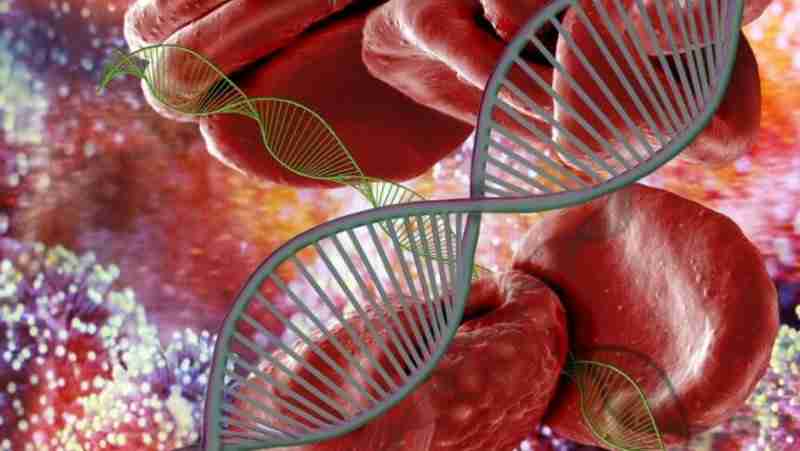U.S. regulators rejected [Biomarin’s] potentially game-changing hemophilia A gene therapy over concerns it might not really be a one-and-done lifetime treatment.
The U.S. Food and Drug Administration’s rejection late [August 18] means the San Rafael, California-based company will have to complete an ongoing late-stage patient study, likely delaying possible approval till late in 2022.
The infused therapy, called Roctavian, could have freed hemophilia A patients from frequent, extremely expensive infusions of a blood-clotting therapy to prevent dangerous internal bleeding. It had been highly anticipated by doctors, patients and investors.
In a statement, BioMarin said the company and the FDA previously agreed on how much patient testing data the agency required to review the therapy, but in its rejection letter the FDA for the first time recommended Biomarin finish the late-stage study and provide two years of follow-up data on the therapy’s safety and efficacy in preventing internal bleeding for all study participants.
…
Questions about whether it would work for a lifetime or just a few years came amid rumors that Biomarin might set a price tag as high as $3 million per patient. That would top the price for the most expensive therapy ever approved by the FDA… Biomarin has estimated the lifetime cost of current treatments to prevent bleeding at about $25 million, arguing its gene therapy would save far more than its cost.
Read the original post from ABC here
The Genes and Science’s Ricki Lewis previously addressed Biomarin’s gene therapy:
The clotting disorder hemophilia A may become the third gene therapy that the US Food and Drug Administration approves, joining treatments for a form of retinal blindness in 2017, and spinal muscular atrophy in 2019.
Biomarin Pharmaceutical Inc. has submitted a biologics license application to FDA and documentation of clinical trial results to the European Medicines Agency, with reviews slated to begin early this year at both organizations.
An article in the January 2 New England Journal of Medicine from a UK research team presents the findings of a phase 3 analysis of continuing success of a phase 1/2 trial (instead of a new phase 3 trial). The hemophilia gene therapy – called valoctocogene roxaparvovec for now – can mean a one-time infusion that replaces the more than 100-150 infusions of clotting factor a patient takes each year, and can also alleviate the painful joint bleeding that is the hallmark of the disease.
The different clotting disorders result from mutations in different genes in the pathway that knits a clot from protein fibrils. Hemophilia A is a deficiency of clotting factor VIII, and is also called classic hemophilia. It accounts for 80 percent of people with the disease. The clotting disorder that threaded through the royal families of Europe was hemophilia B, which is a deficiency of factor IX.
Both hemophilias are transmitted by genes on the X chromosome, and therefore affect only males. One in 10,000 males has hemophilia A, and it arises as a new mutation (rather than being inherited), in about a third of cases.
Read the full GLP article here



































